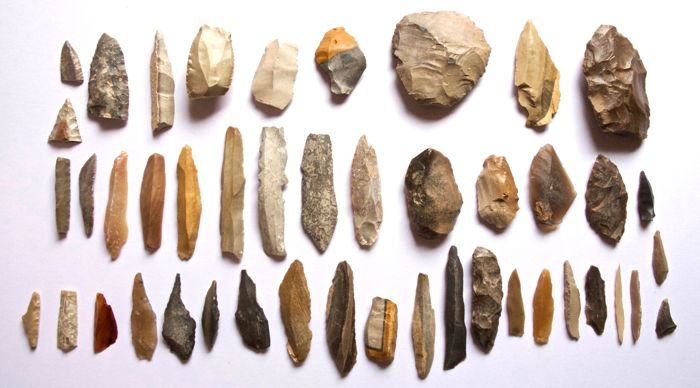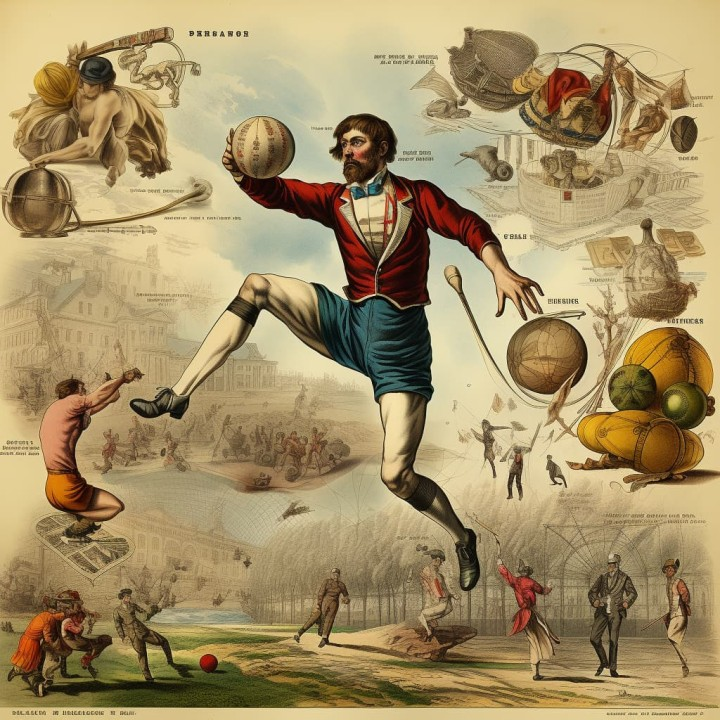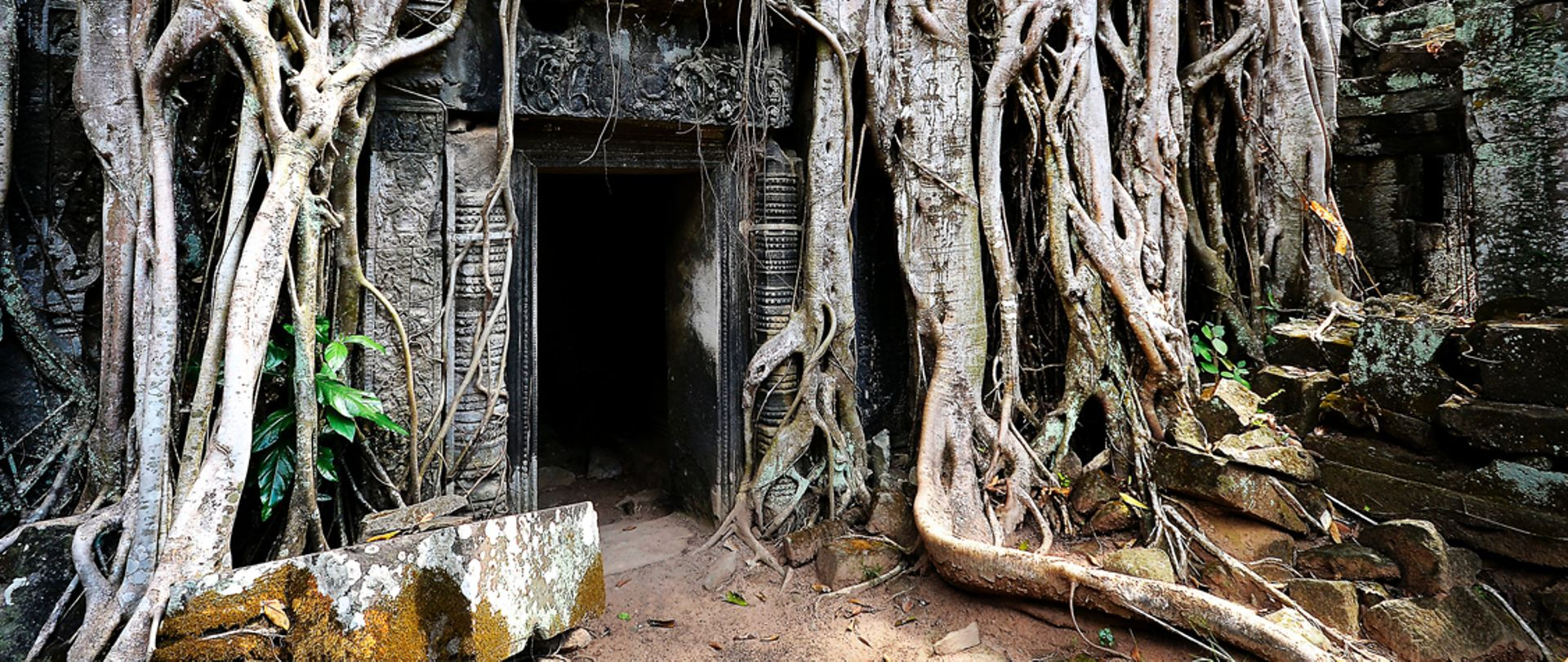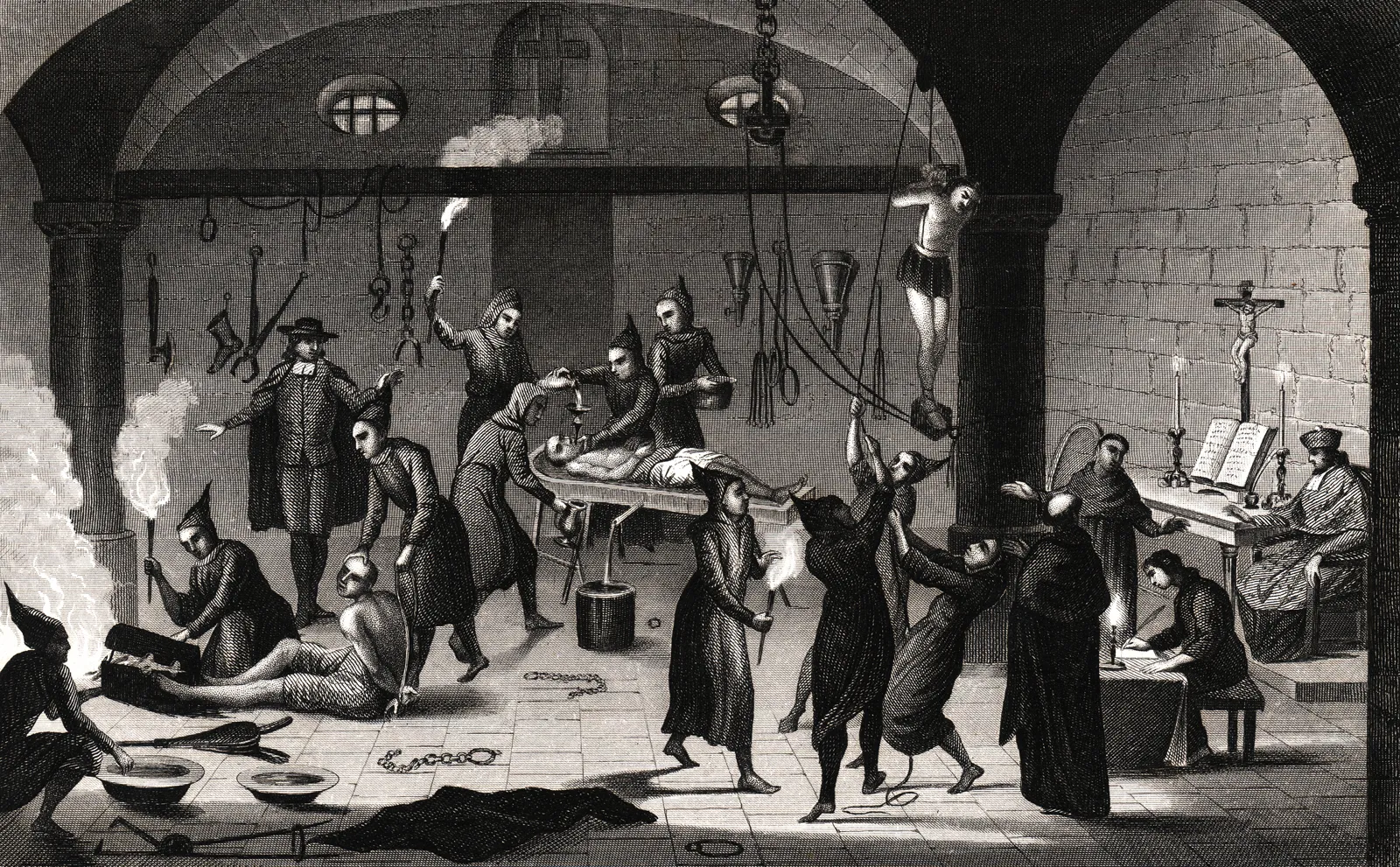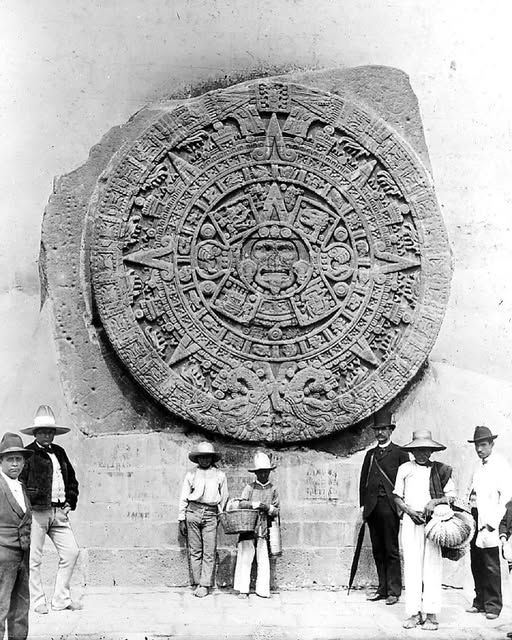A King's First Test: Alexander's Campaign Across the Balkans
In 335 BC, the ancient world witnessed the ascension of one of its most formidable and enigmatic leaders, Alexander the Great. Following the death of his father, King Philip II, Alexander's journey to greatness began amidst a tumultuous backdrop of power struggles and regional instability. This article delves into the pivotal Balkan Campaign of Alexander, highlighting his strategic brilliance and the complexities of his character.
The Ascent of a Young King
Alexander's rise to power was more than just a succession; it was the beginning of a transformative era in ancient history. The young king's character has been a subject of debate among historians, oscillating between views of him as an enlightened ruler and a tyrant. Central to his development was his education under Aristotle, equipping him with a blend of philosophical insights and practical wisdom that would significantly influence his ruling style and military strategies.
Upon assuming the throne, Alexander inherited not just a kingdom but a formidable military apparatus. The Macedonian army, renowned for its phalanx, cavalry, and experienced marshals, formed the backbone of his conquests. Alexander quickly asserted his dominance over the Greek states, leveraging his military might to ensure their submission and loyalty. This move was essential in stabilizing his position and neutralizing internal threats.
The Balkan Campaign: A Tactical Masterclass
Alexander's campaign in the Balkans was a display of his military genius. Facing the threats from Thrace and Illyria, he led a significant force comprising 12,000 heavy infantry, 8,000 lighter troops, and 3,000 cavalry. His victory against the Thracians was not only a tactical success but also a strategic necessity, securing vital resources and establishing his authority in the region.
Decisive Victories Against Triballians and Getae
One of the most notable feats of Alexander during this campaign was his encounters with the Triballians and Getae. Cut off by the Triballians, Alexander demonstrated his adaptability by decisively defeating them near the Lyginus River, inflicting heavy casualties. His subsequent surprise attack on the Getae, after ingeniously crossing the Danube, further cemented his reputation as a military tactician of the highest order.
Securing Strategic Advantages
Alexander's strategies in the Balkan Campaign were multifaceted. His use of the fearsome companion cavalry and the formidable pincushion phalanx led to the collapse and flight of the Getae. His diplomatic acumen also came to the fore as he received envoys of capitulation and extended his influence over various tribes and nations, including the tall Celts who sought his friendship.
The Theban Revolt and Its Aftermath
Perhaps one of the most dramatic episodes during this period was Alexander's swift and brutal response to the revolt in Thebes. Rumors of his death had sparked a rebellion, and Alexander acted quickly, covering an astonishing 250 miles in 14 days with 30,000 troops. His demand for the surrender of the uprising's ringleaders was met with resistance, leading to a fierce battle and a decisive Macedonian victory. The aftermath was grim: Thebes was sacked, its people killed or enslaved—a stark message to other Greek states considering rebellion.
The Legacy of the Balkan Campaign
The Balkan Campaign not only solidified Alexander's position as a formidable ruler but also set the stage for his subsequent conquests. However, it also fostered a bitter resentment towards him among the Greeks, a sentiment that would linger even as he embarked on his grand campaign against the Achaemenid Empire. Alexander, seemingly undeterred by this animosity, continued his quest for expansion, leaving an indelible mark on the pages of history.
In conclusion, Alexander the Great's Balkan Campaign was a critical chapter in his storied career. It showcased his strategic brilliance, military might, and the complexity of his leadership. The campaign not only quelled immediate threats but also laid the groundwork for his future endeavors, shaping the course of ancient history in ways that still resonate today.




